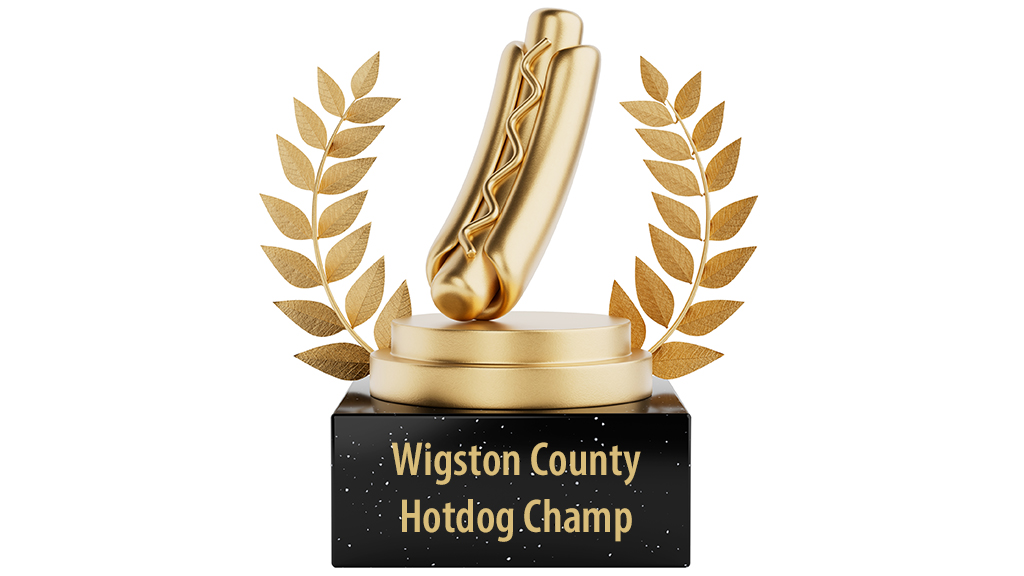Abstract
In this case study, students follow the progress of “Nathan,” a competitive hotdog eating champion, as he visits his doctor and a nutritionist who explain to him his risk of developing colon cancer due to his lifestyle and family history. Colon cancer is the second most common cause of cancer-related deaths worldwide. While existing research shows that there is a strong genetic component associated with the risk of getting the disease, it is evident that certain environmental factors and a Westernized diet alter the health and diversity of the human microbiome, leading to inflammation, and therefore an increased risk of colon cancer. A proposed mechanism for colorectal cancer is gut microbiome dysbiosis; high consumption of processed meats and low consumption of fiber contribute to colorectal cancer incidence. Improving gut microbiome dysbiosis via prebiotics, probiotics, or fecal microbiota transfer are proposed interventions to treat and prevent development of colorectal cancer. This case study was developed for an undergraduate nutrition course, but is also suitable for use in genetics, microbiology, or physiology courses.



